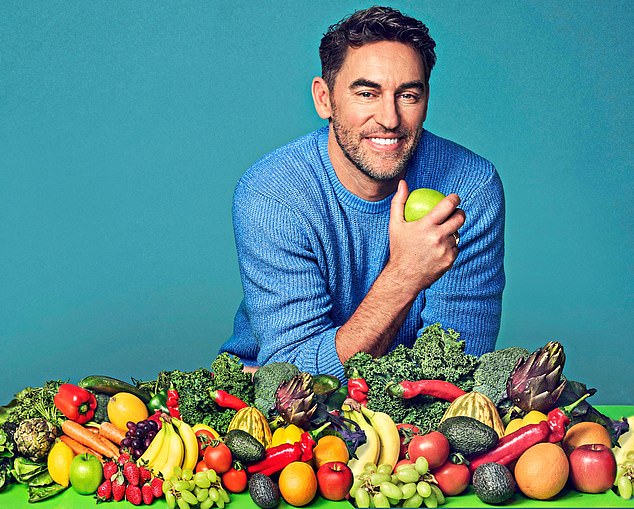So what is a healthy breakfast? Experts now give their verdict as new government guidelines condemn porridge and muesli
A hearty bowl of porridge may sound like a healthy way to start the day, but under new government guidelines it is classed as junk food – although it depends which type you choose.
The government’s new ultra-strict ban on junk food advertising has sparked outrage on social media, with many railing against ‘confusing’ rules labeling foods such as porridge, muesli and some yoghurts as unhealthy.
These products will be banned from advertisements airing on television before 9 p.m., and online advertisements will be removed entirely.
But if the foods we consider a healthy start to the day aren’t, what should we choose instead?
Rob Hobson, nutritionist and author of ‘Unprocess Your Family Life’, strongly disagrees with the claim that porridge is an unhealthy breakfast choice.
‘It’s a source of protein and fibre, which is what you want from a breakfast,’ Mr Hobson told MailOnline.
However, not all porridge is the same and some types contain a lot of added sugar.
He explained that the problem is not regular oatmeal, but instant porridge jars and bags that are sweetened with added sugar.
Instead of eating Instant Pots, Mr Hobson suggests people opt to make their own oats with milk and top them with some chopped fruit or dried fruit or some nuts and seeds for a healthy breakfast.
Instant Pots contain oat flakes, powdered milk, sugar and added flavorings, such as freeze-dried berries which can contain as much as 13g of sugar (three teaspoons) in a 55g jar.
NHS guidelines state that the average adult should have no more than 30 grams or seven teaspoons of added sugar per day.
This is due both to the risks of tooth decay and the fact that sugary foods are unlikely to keep you full for long, leading to feelings of hunger between meals.
Instead of eating Instant Pots, Mr. Hobson suggested making your own cooked oats with milk and adding some fresh cut fruit on top for sweetness.
Other products in the grain sector covered by the ban include oat-based granolas.
It is often assumed that muesli is healthy, but in fact many products contain dried fruit and even chocolate, which can increase the sugar count, Mr Hobson said.
Children’s cereals are also rightly banned: products in brightly colored packaging often contain a lot of sugar.
For example, the popular Frosties contain almost three teaspoons of sugar per 30 gram bowl.

Rob Hobson, nutritionist and author of “Unprocess Your Family Life,” says breakfast is a good opportunity to get plenty of fiber in your diet
As for other examples of what you should eat, Mr Hobson described eggs as the ‘ultimate breakfast food’.
He said: ‘They are a source of protein which can help you feel full. Moreover, they are a source of almost all the micronutrients you need.’
Combining eggs with whole wheat toast would be the best choice for a boost in fiber, which has been shown to reduce the risk of colon cancer, he concluded.
However, if you are not a fan of eggs or usually crave a sweet breakfast in the morning, yogurt and fruit are also suitable for a healthy breakfast.
Mr Hobson suggested eating Greek yoghurt topped with berries for extra sweetness, and perhaps some seeds and nuts for extra fibre.
Here you get proteins from the yogurt, which will keep you full until lunch.
